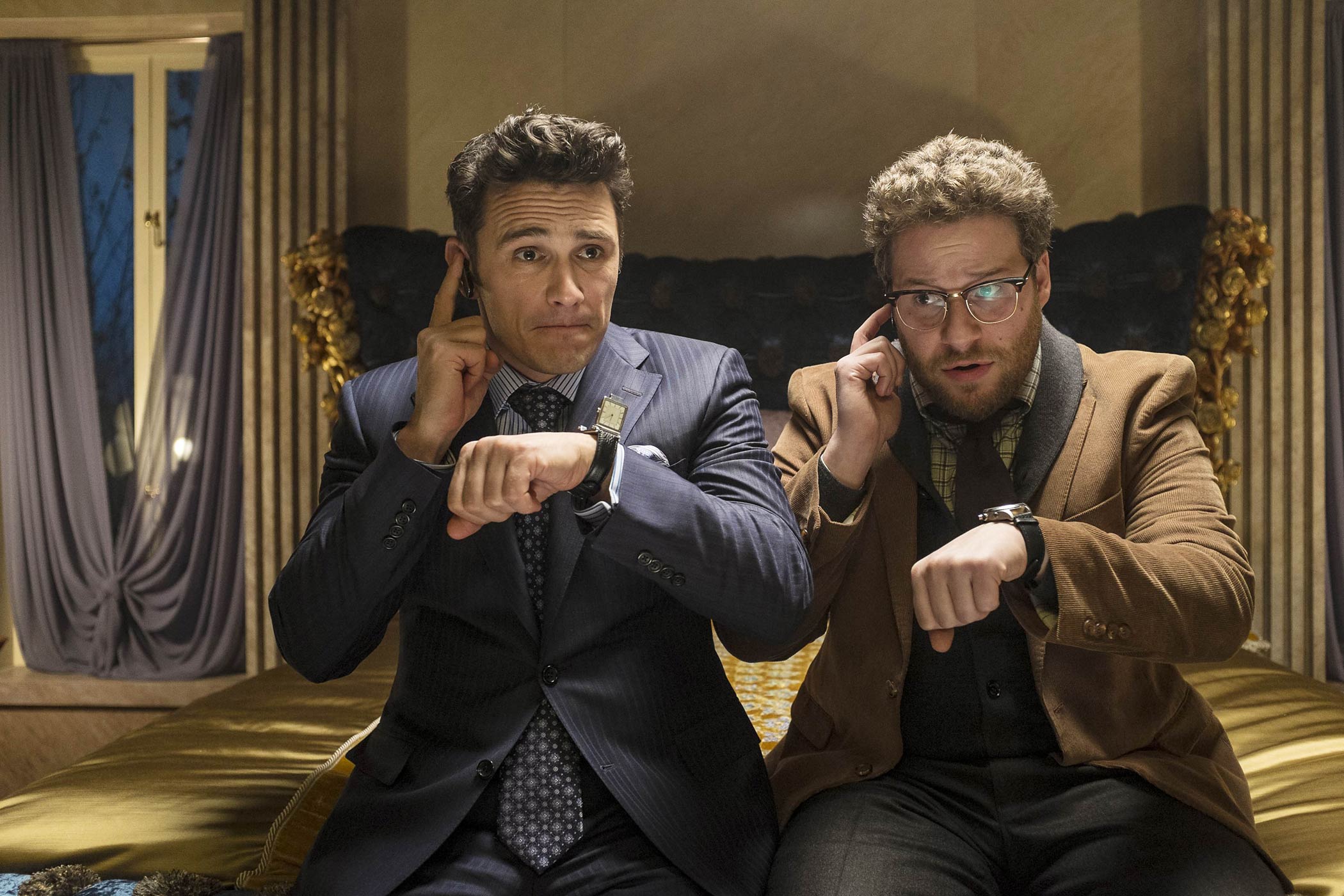
Correction appended
A decade ago, when Trey Parker and Matt Stone’s Team America: World Police made mock of Kim Jong Il, the North Korean regime didn’t threaten retaliation — maybe because Kim, like all the other people in the movie, was portrayed as a marionette.
The Democratic People’s Republic, under King Jong Il’s son Kim Jong Un, apparently had a more severe reaction to The Interview, in which two American TV journalists (James Franco and Seth Rogen) are charged by the CIA with killing the dictator while they’re in North Korea to interview him. Someone who took issue with this scenario hacked the computers of Sony Pictures, spilling internal gossip and downloading five Sony movies, including four yet to be released. As Stephen Colbert proclaimed on Monday night, the perpetrator “has to be North Korea. The only other person with that capability is a 12-year-old with BitTorrent.”
Hollywood’s escalating tension about cyberterrorism, which is no joke, led to the five largest North American movie chains refusing to show The Interview, and then to Sony’s announcement that it was withdrawing the movie, originally scheduled to open Christmas Day. That’s never happened to a major-studio mainstream film just a week before it was due to appear on thousands of screens.
So reviews like this one may be the public’s only way, for now, to find out what’s actually in the movie. One mixed verdict on The Interview: Beyond the ballsy premise — which got green-lighted by Sony Pictures’ U.S. moguls and its Japanese overlords, before (as the emails reveal) some late editing edicts from above — this is your basic Rogen farce about sloppy-happy-harried stoners trying to bluff their way out of trouble.
Read more U.S. Sees North Korea as Culprit in Sony Hack
We mean Knocked Up, Superbad, Pineapple Express, Neighbors, This Is the End and nearly all other movies Rogen has starred in or written, possibly excepting his voice work for Horton Hears a Who! and the Kung Fu Pandas. Directing The Interview with his longtime writing pal Evan Goldberg, Rogen serves up the usual farrago of sexual outrage and guy-bonding, only this time in the guise of nervy satire using real names. (When Sacha Baron Cohen played The Dictator, he made fun of a whole swath of Middle East tyrants, not just one.)
In a nifty opening scene, a lovely Korean girl sings a wistful, stirring anthem to Western values that U-turns into an international death wish; one line translates as “May they drown in their blood and feces.” (It’s an extension of the “Tomorrow Belongs to Me” song from Bob Fosse’s Cabaret film, in which the camera slowly pulls back to reveal that the handsome blond teen singing it is a Hitler Youth.) Cut to the syndicated show Skylark Tonight, kind of Barbara Walters goes TMZ, with host Dave Skylark (Franco) interviewing Enimem. Suddenly the rap artist declares he’s a homosexual, saying that in rap lyrics “I’ve pretty much been leaving a breadcrumb trail of gayness.”
The Most Controversial Films of All Time
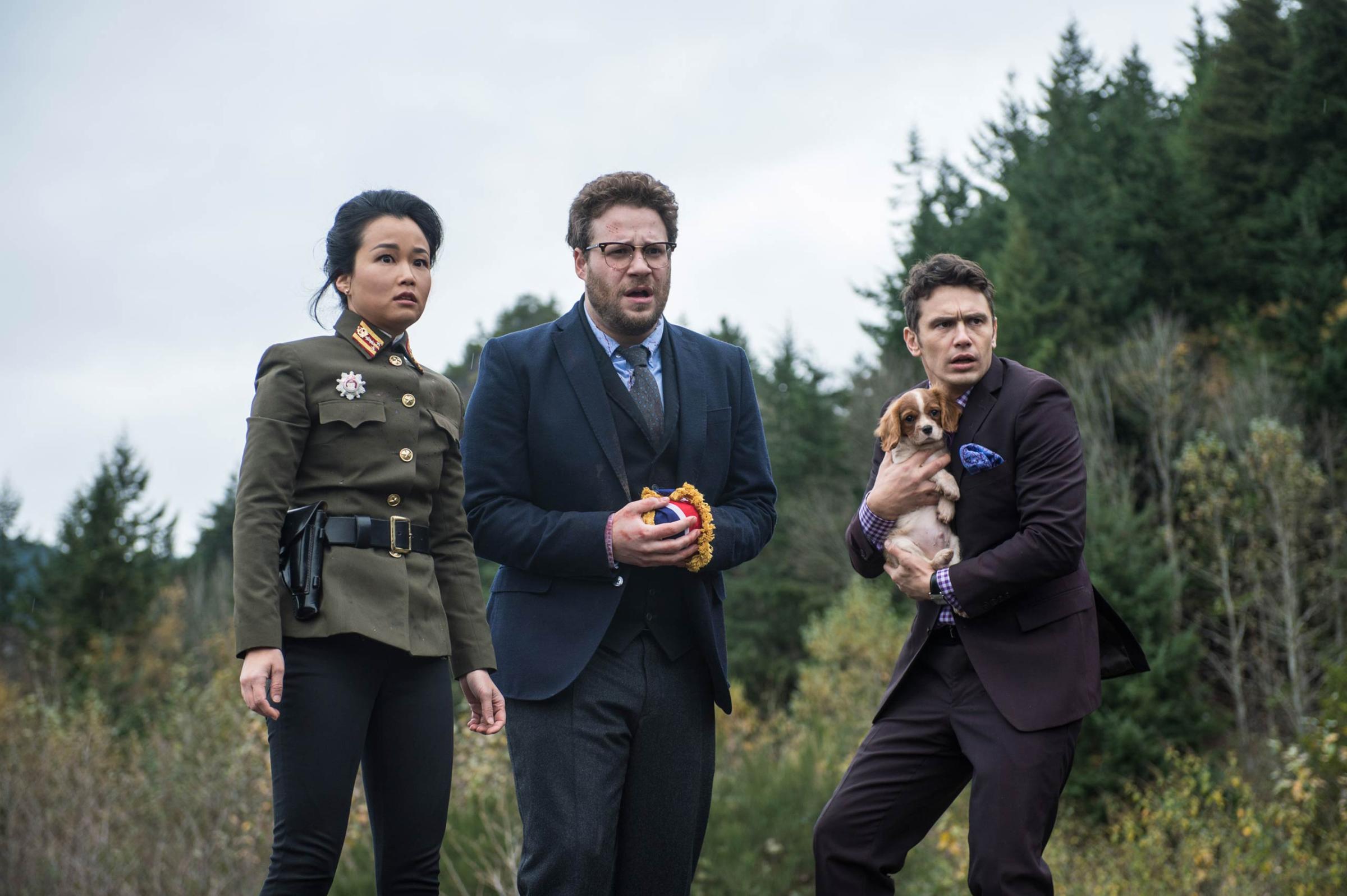
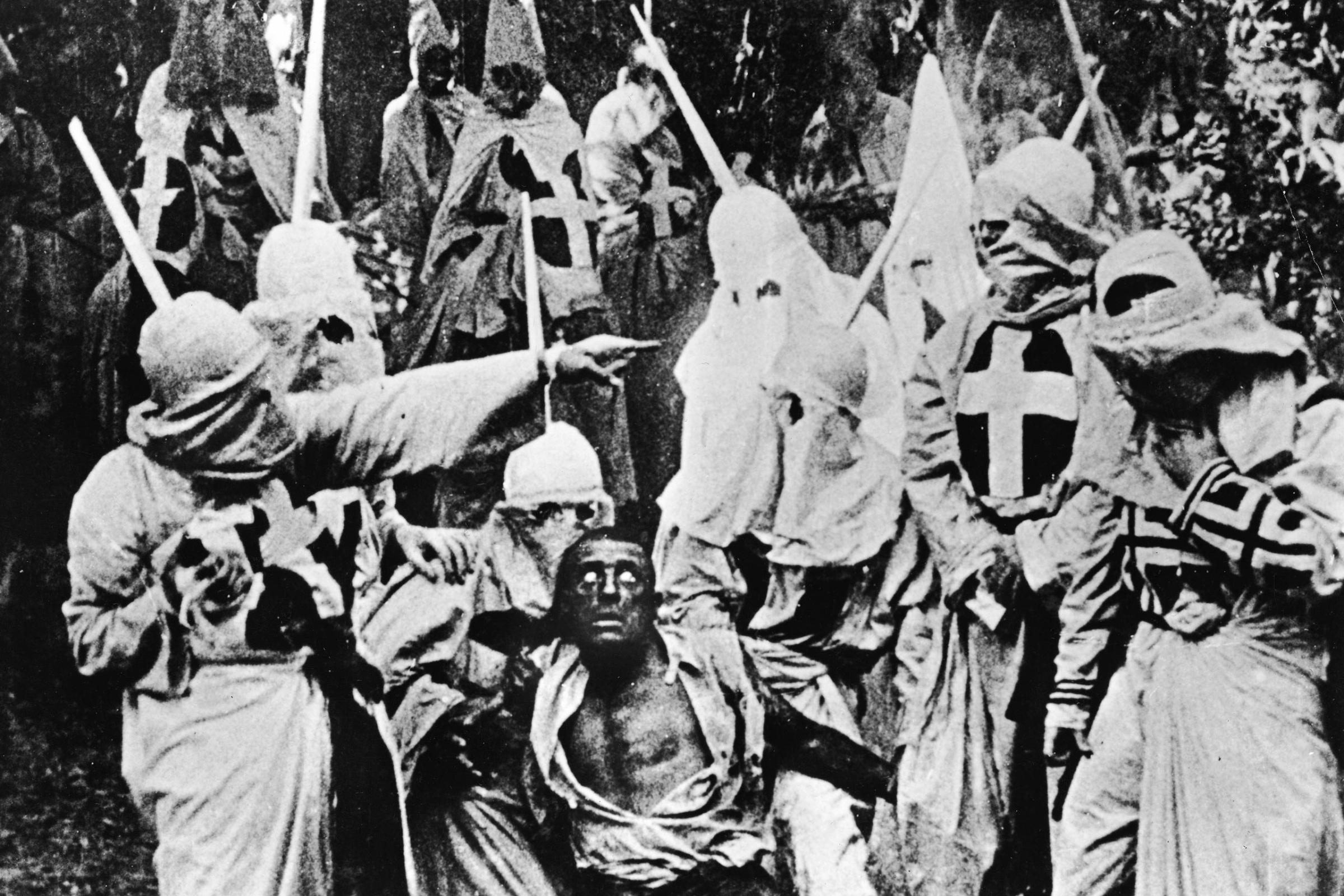
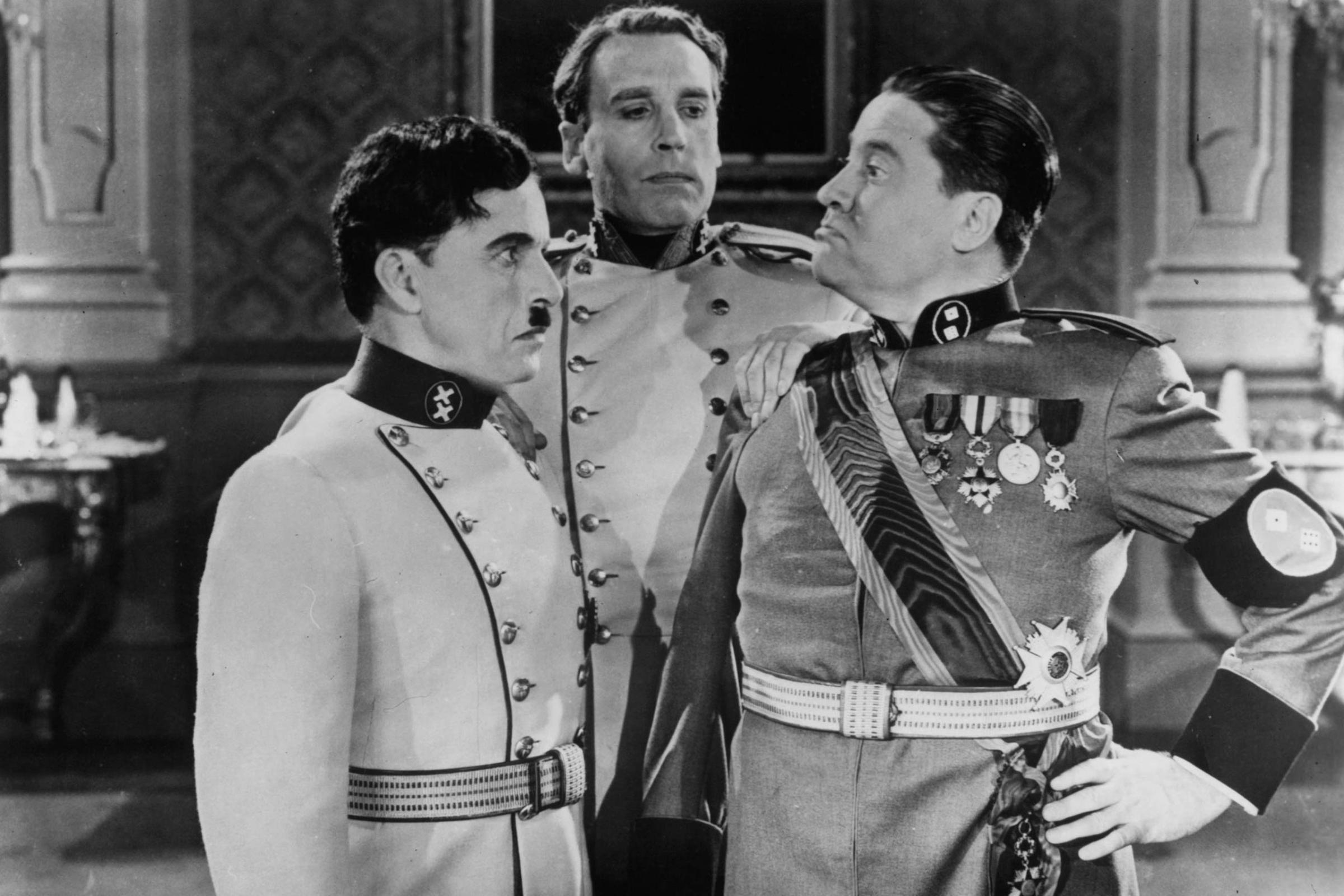
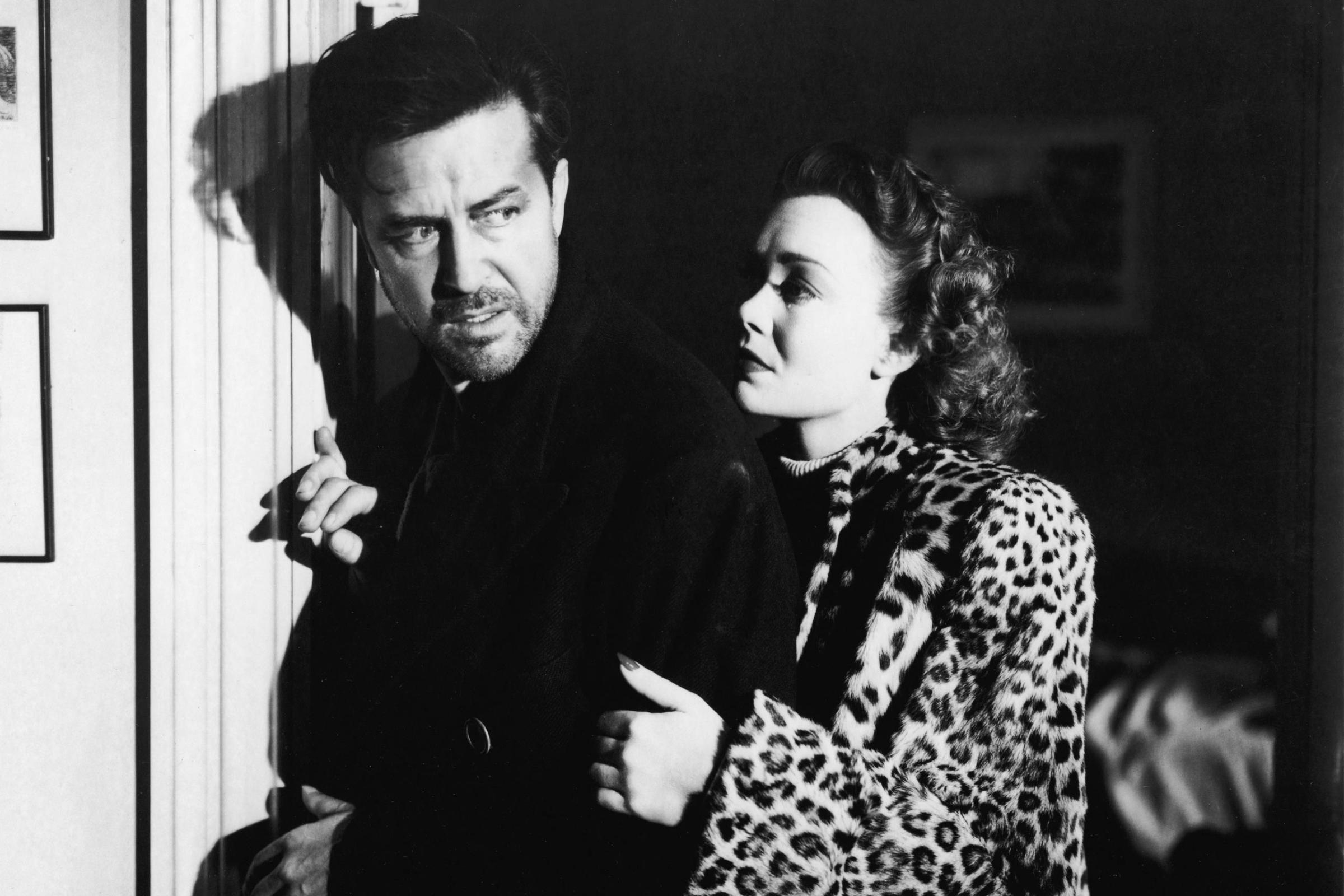
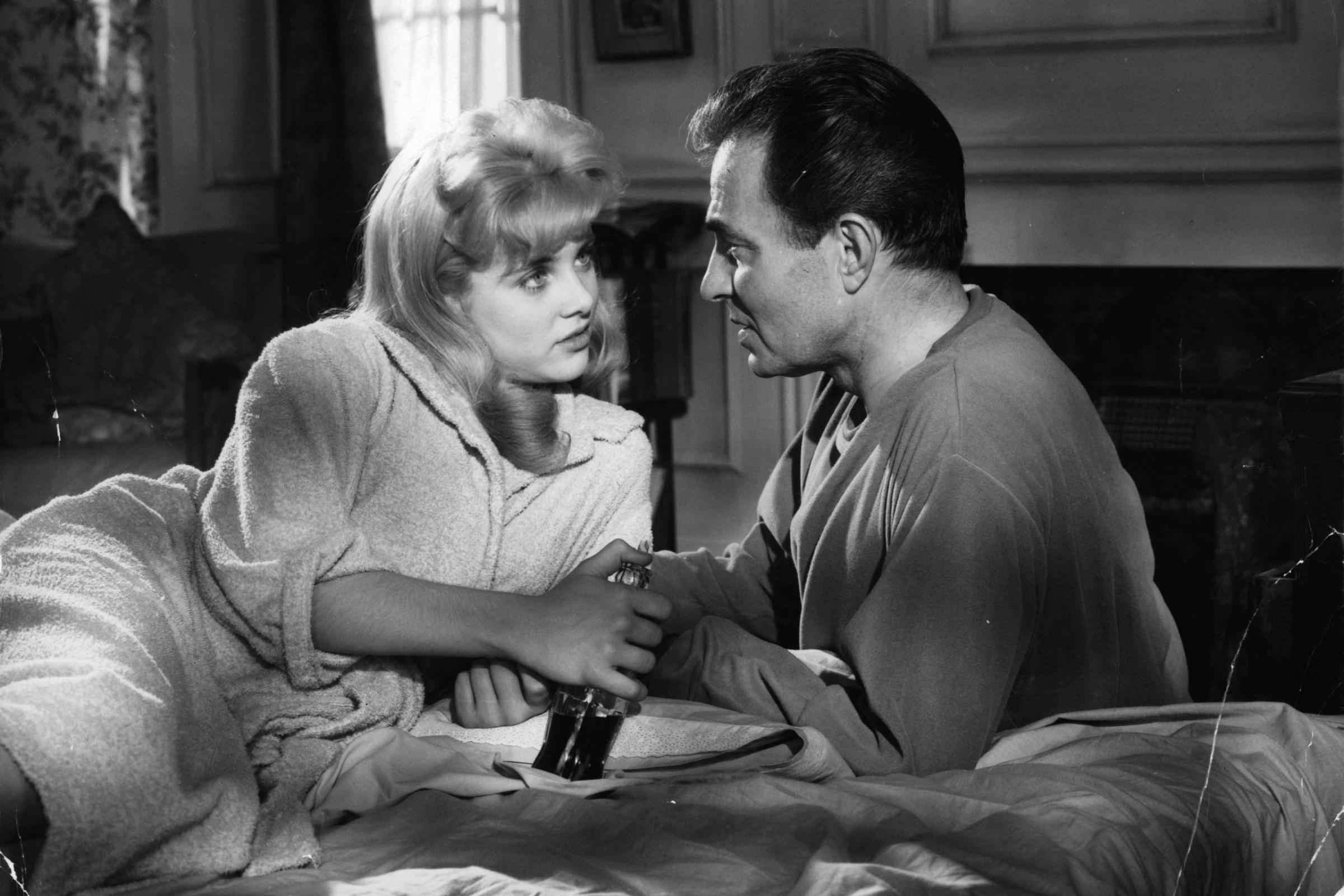
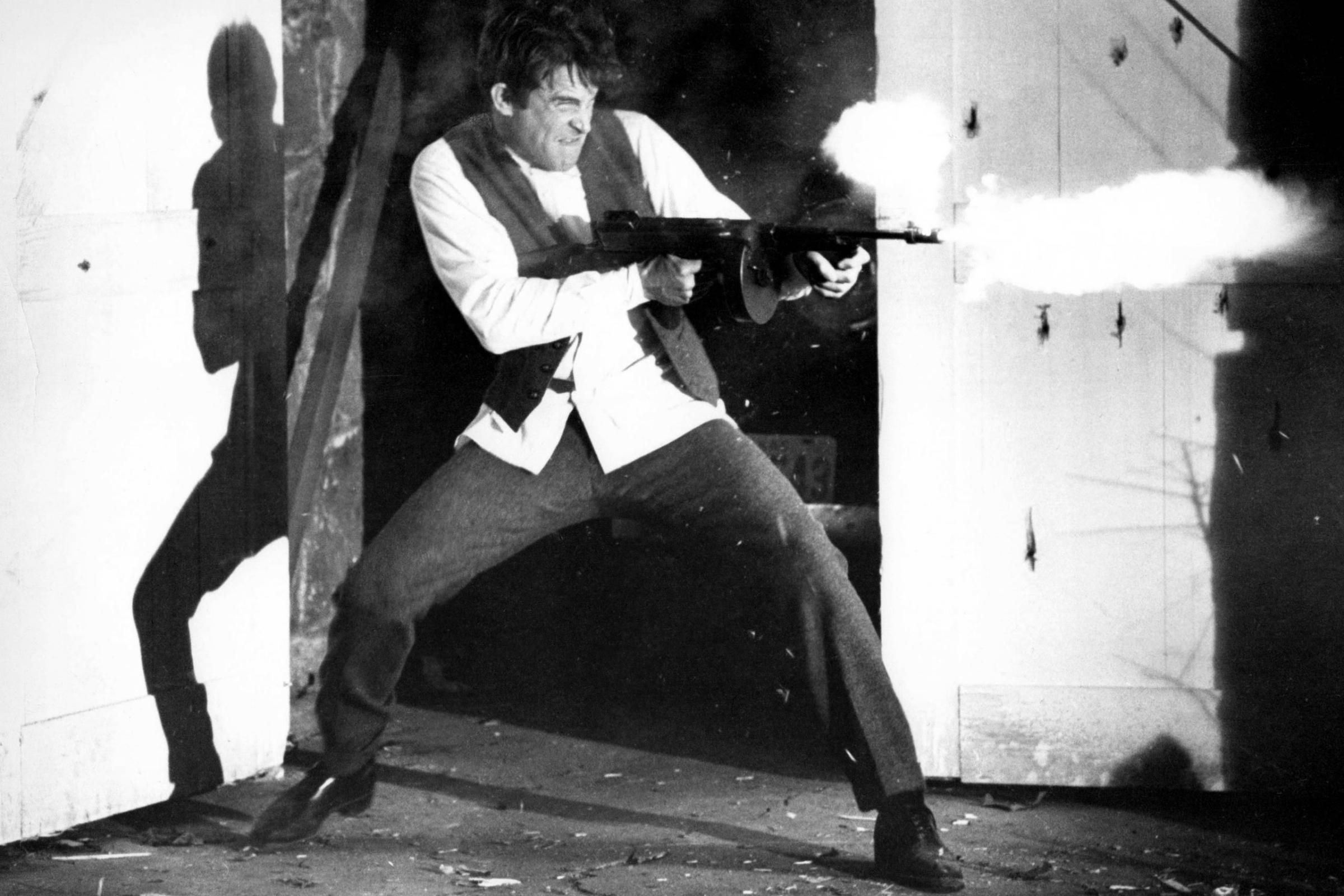
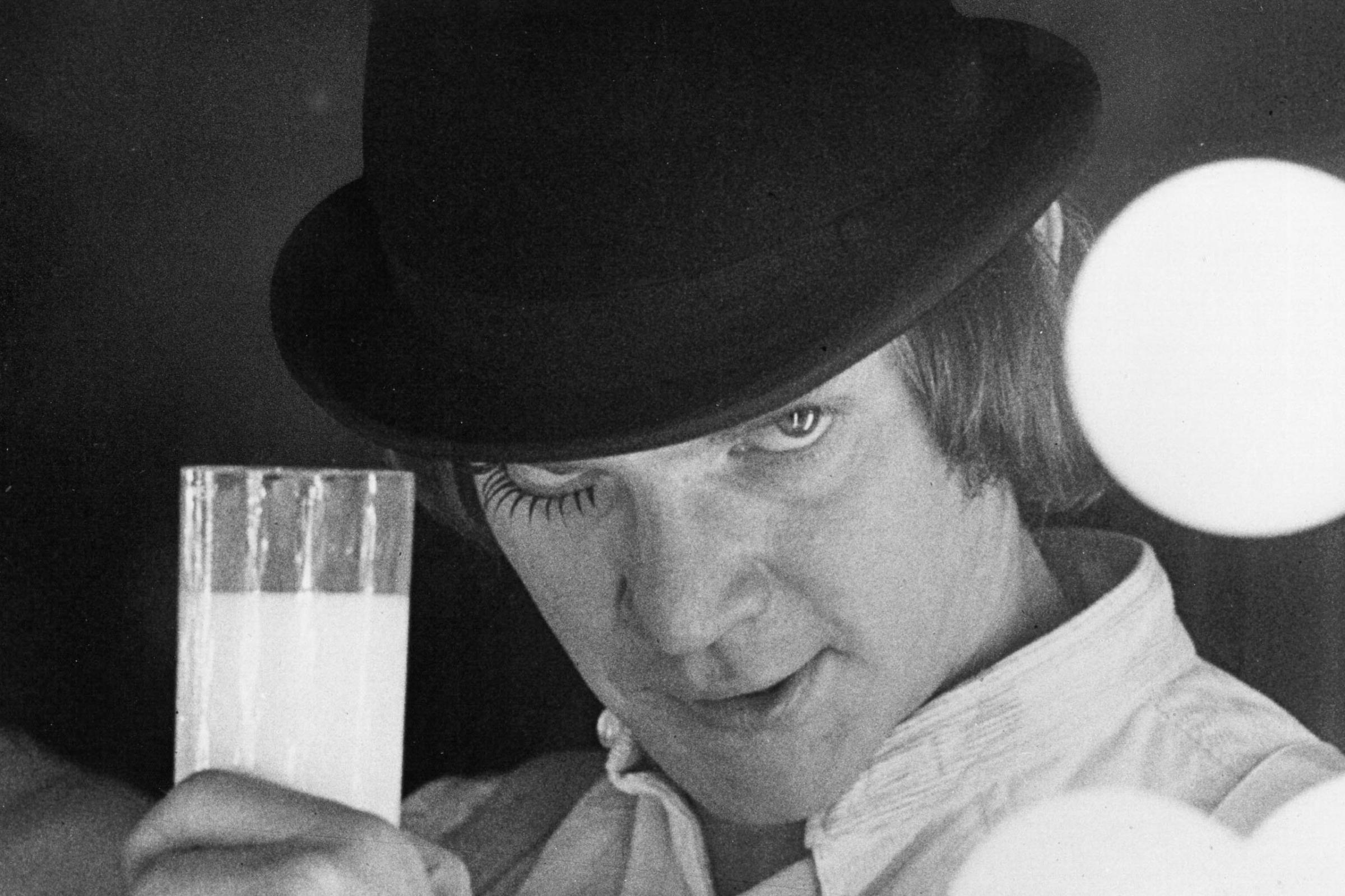
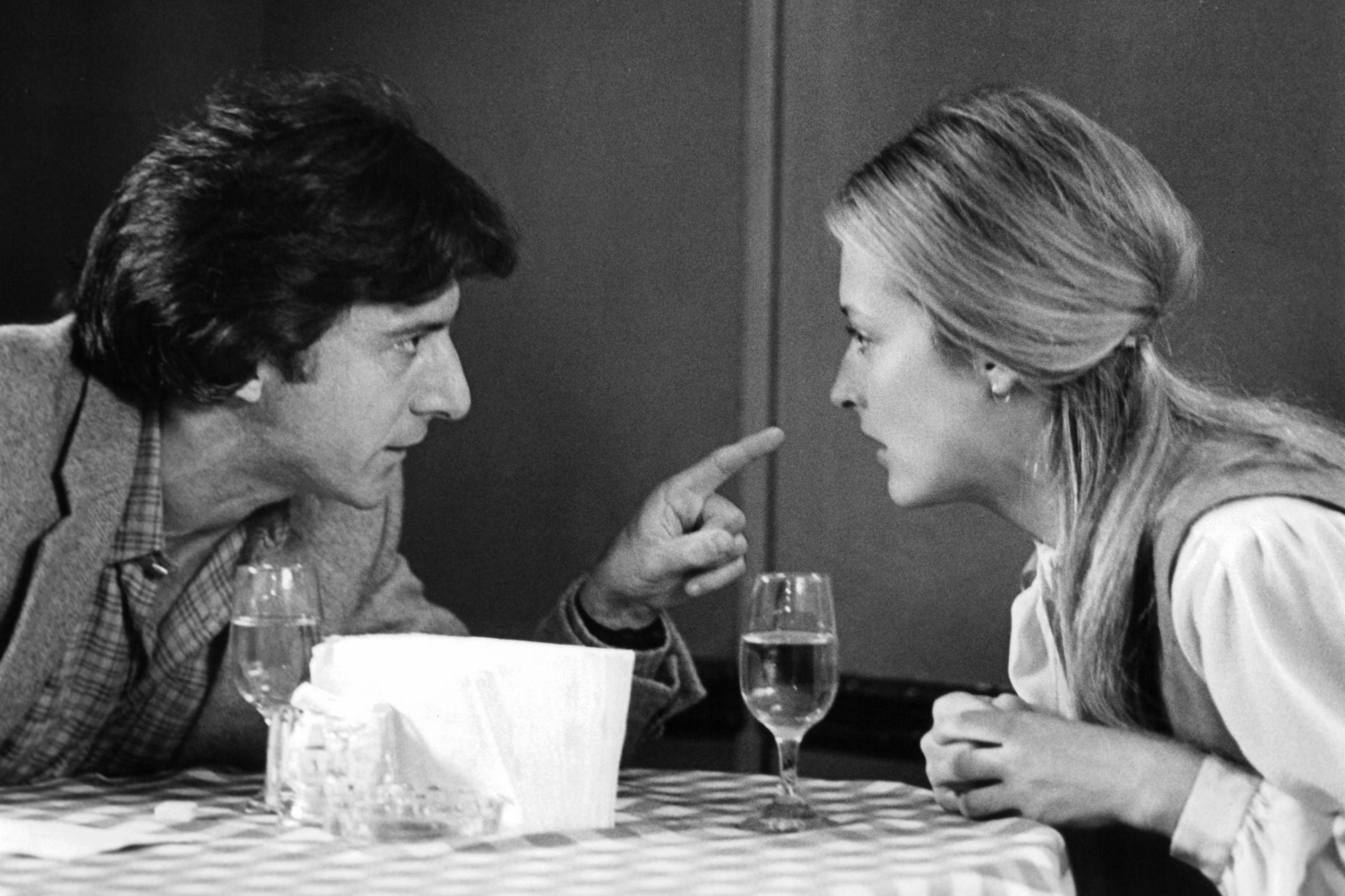
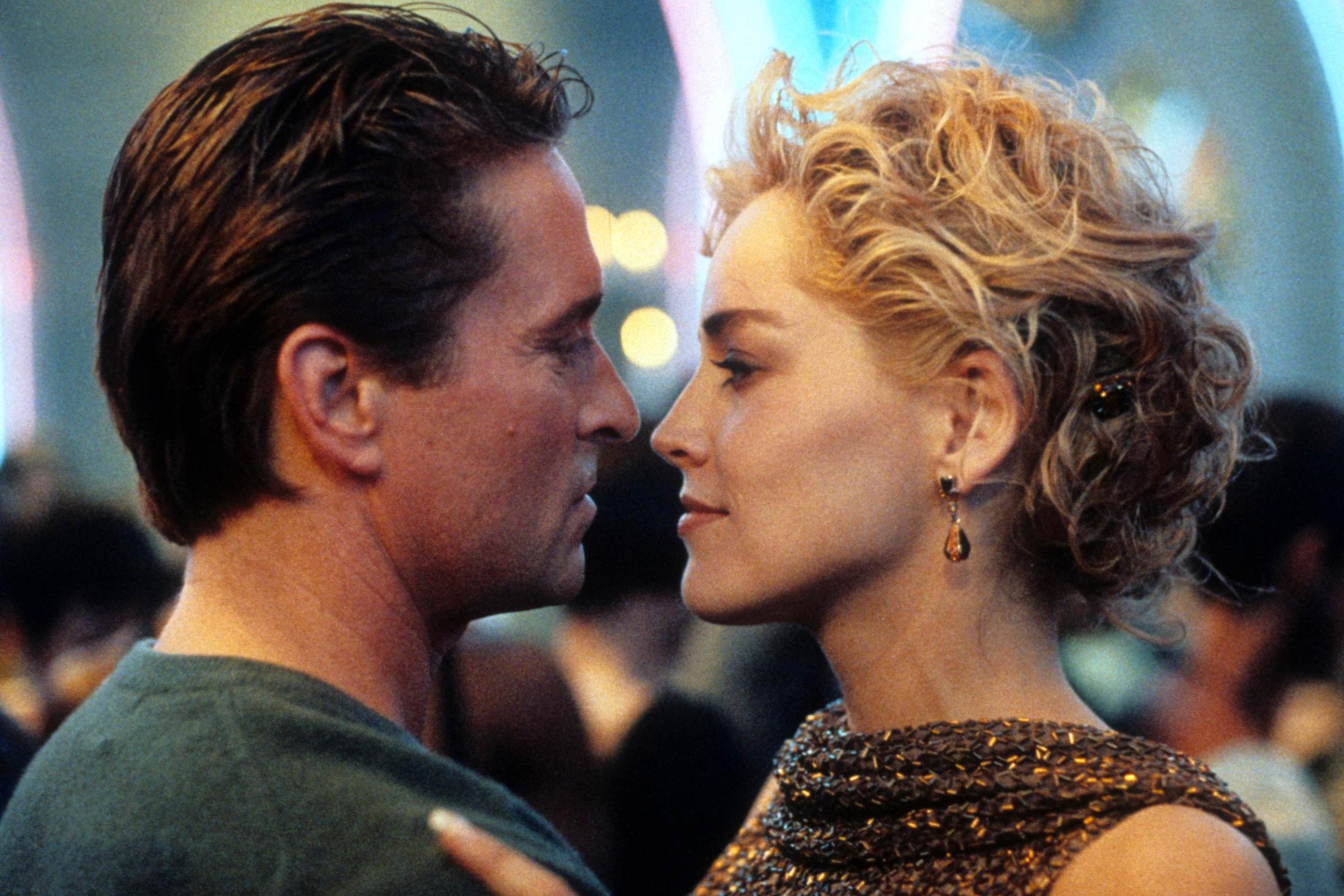
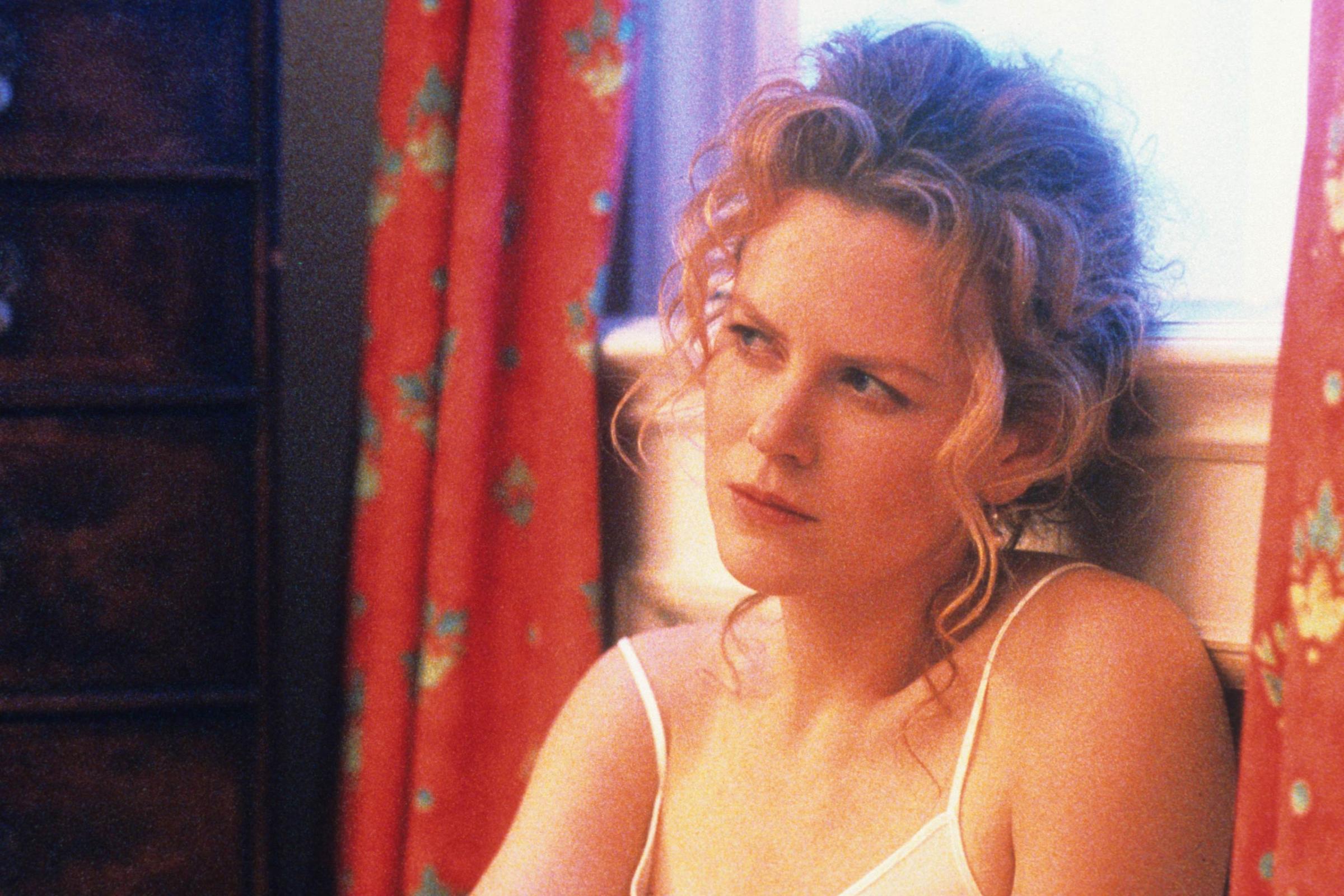
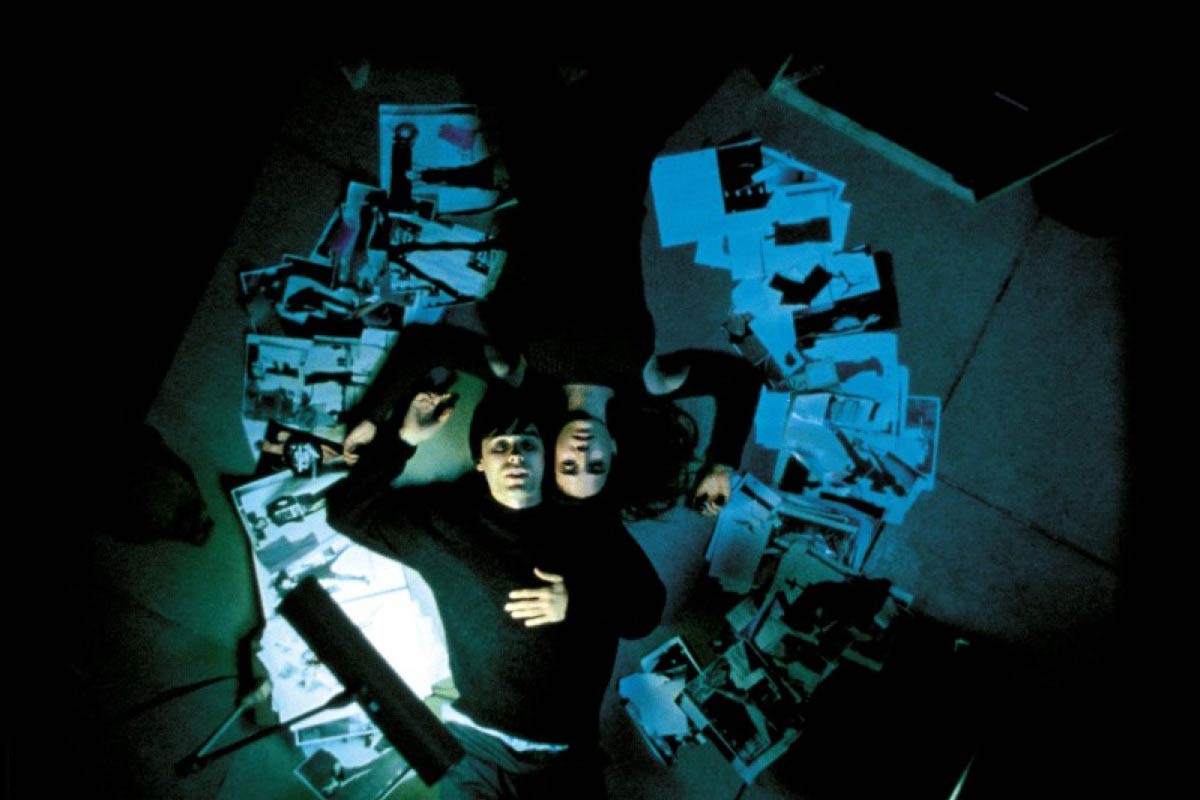
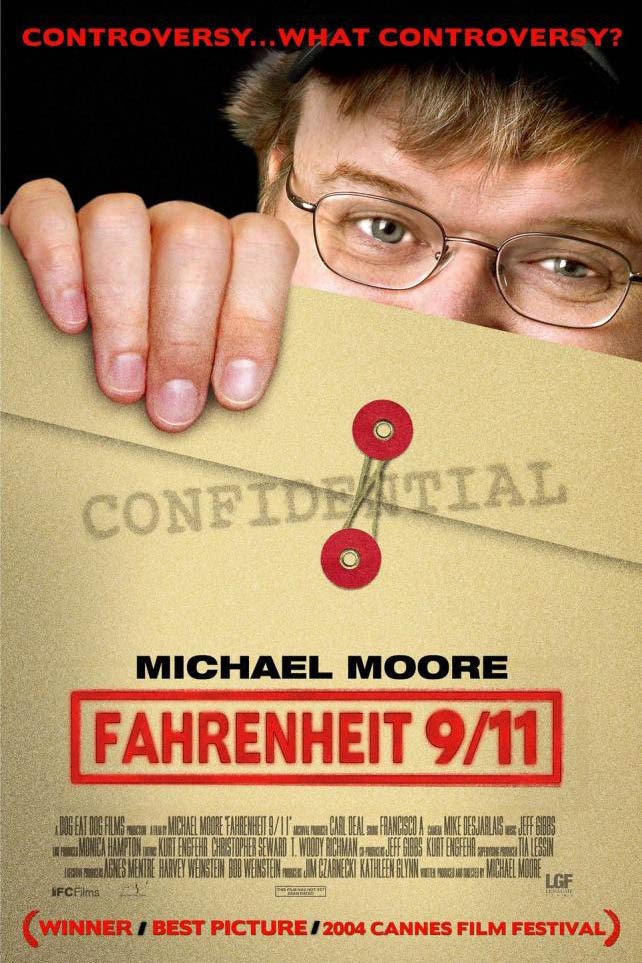
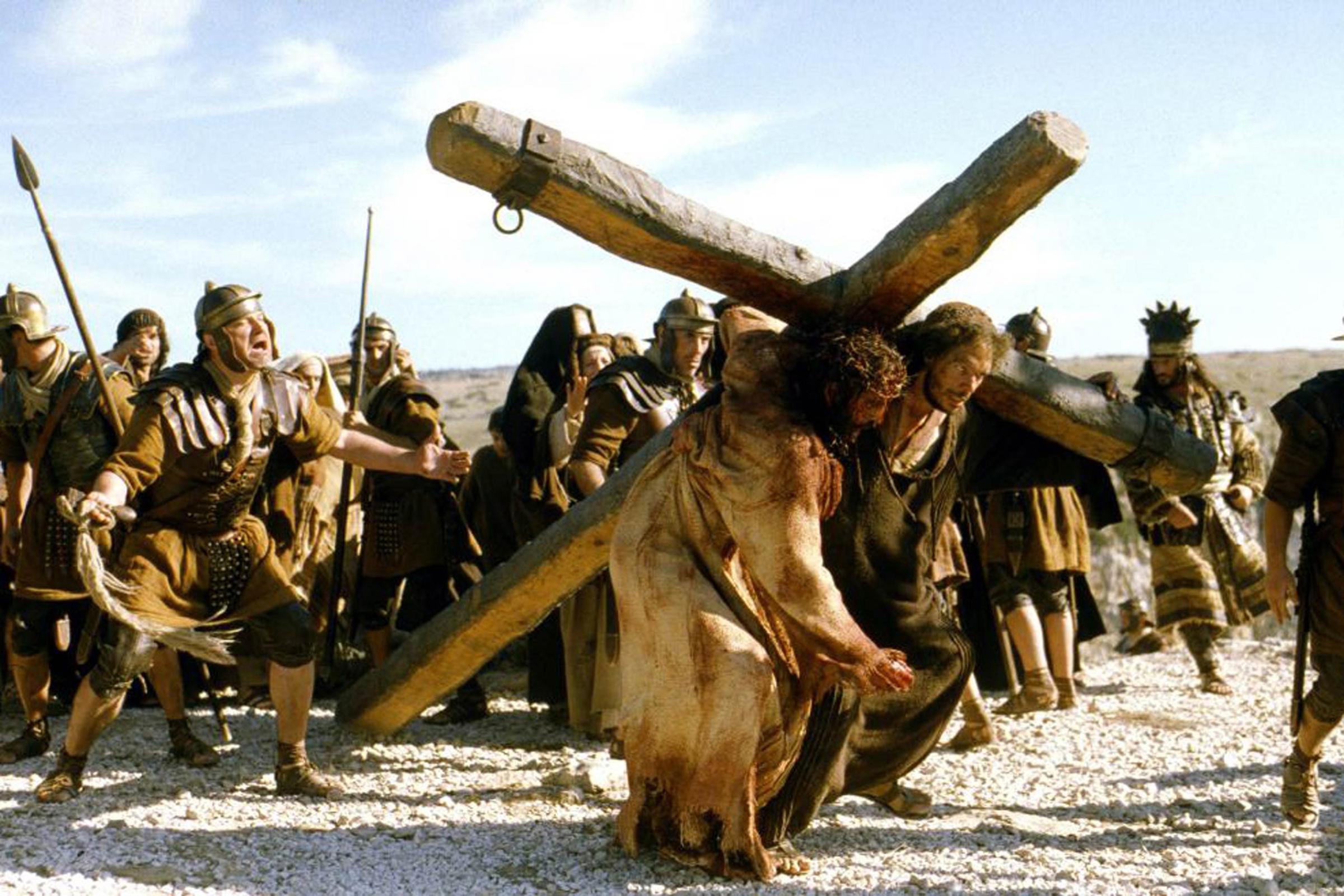
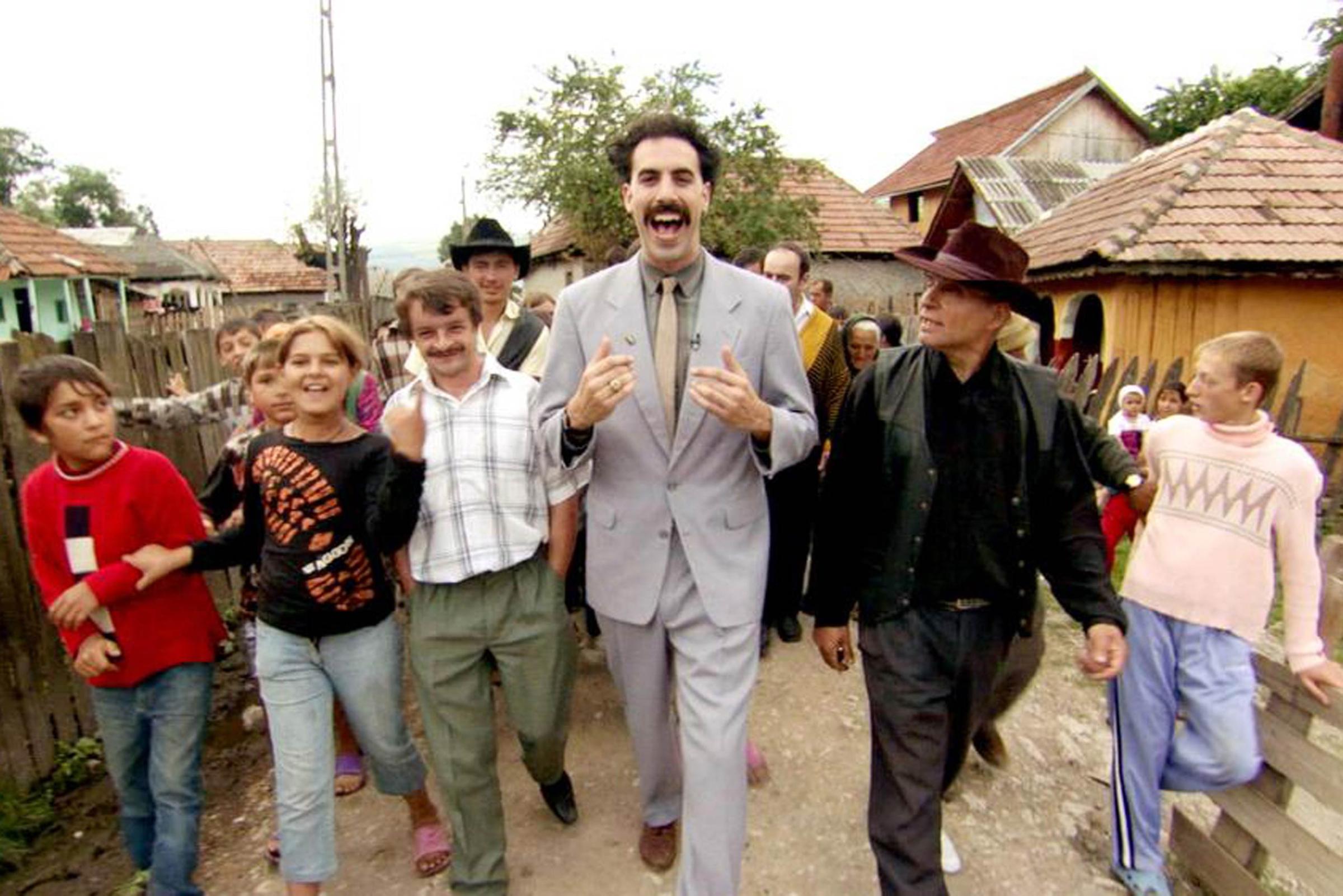
These two excellent bits in the first few minutes make a skeptic wonder: Have Rogen and Goldberg honed their talents to create, or smoked enough pot to stumble into, a movie that works from start to finish? But as always, they’re just teasing our expectations only to deflate them. The joke barrage becomes hit-or-miss, as if the creators — including screenwriter Dan Sterling, working from a story by Rogen and Greenberg — don’t know or care which is which.
Aaron, the Skyline Tonight producer played by Rogen, does know that his show isn’t 60 Minutes — because a 60 Minutes producer tells him so — and sees a chance to do News That Matters when he learns that North Korea’s Shining Star is Skylark’s No. 1 fan. Yes, he would sit for an interview, instantly stoking dim Dave’s dream of the greatest confrontation of journalist and potentate since David Frost corralled Richard Nixon. “In 10 years, Ron Howard’s going to make a movie out of this,” he exults, mis-recalling the Howard film title as Frosty Nixon. All is swell until the CIA, in the lissome form of Agent Lacey (Lizzy Caplan from Masters of Sex), adds a wrinkle to Dave and Aaron’s assignment: kill Kim.
Acting with Franco on and off for half his 32 years, since Freaks and Geeks, Rogen plays Aaron as a smart, underachieving 12-year-old, with Franco as his dumb, cute friend. And say this for Franco: few stars can radiate the joy he does in playing an idiot who happens to be popular. Uttering such pearls of sagacity as “This is 2014, women are smart now,” Dave is handsome, empty TV charisma rampant. And the sick thing is that, even to a skeptic, Franco makes grinning inanity attractive.
Pushing bromance even further than in other Rogen movies, the schlub and the stud exchange hugs, kisses and homoerotic endearments. “I am Gollum and you’re my Precious,” Dave tells Aaron. “I will cherish every moment; I will rub your tummy when you get back” — this when Aaron has to retrieve a CIA poison canister that he’s obliged to hide in a body part where, according to the Senate Torture Report, the agency’s interrogators sometimes inserted hummus in their terror suspects. Monitoring the pickup from Langley, Agent Lacey must be pleased that Aaron more or less voluntarily gives himself a colonic. See, that proves it’s not torture!
Read more 3 Reasons People Think North Korea Hacked Sony
Amid all the cartoon characterizations, the most complex and sympathetic — or at least pathetic — figure is Kim, played with alternating charm and menace by Randall Park (Danny Chung on the most recent season of Veep). Like Dave and Aaron, Kim is stuck in horny preadolescence. He loves basketball — with the hoops lowered so he can dunk — and Katy Perry, but with the poignancy of a poor little rich boy who must play the adult in his public appearances. Meeting Dave gives him a chance to reveal the real Kim, not a god but just one of the guys: he pees and poos.
Dave’s possibly genuine hookup with this man-child might pose a threat to his American BFF, except that Aaron’s having a fling with Sook, Kim’s most trusted security guard, a role to which Diana Bang (Jiao on Bates Motel) also brings more craft and heft to the project than required of the Occidental performers. Indeed, if the real Kim were to see The Interview, he might be flattered by the portraits of the two main North Koreans — at least until the last reel of political score-settling, war games and Tarantinian stuff blowing up.
In its parade of ribald gags and infantile preoccupation with body parts, not to mention a climactic decapitation, water-balloon style, The Interview displays all the mindless excesses that repressive regimes condemn in Hollywood movies. Which may be Rogen and Goldberg’s point — “See, here’s what they hate about us. And you’re gonna love it.”
Maybe you will love The Interview — if you can ever see the movie — as much as some people hate or fear it. But if you’re hoping for any cogent political satire here, then the joke’s on you.
Correction: This article originally misidentified The Interview’s screenwriter. He is Dan Sterling.
Read next: Everything We Know About Sony, ‘The Interview’ and North Korea
More Must-Reads from TIME
- Cybersecurity Experts Are Sounding the Alarm on DOGE
- Meet the 2025 Women of the Year
- The Harsh Truth About Disability Inclusion
- Why Do More Young Adults Have Cancer?
- Colman Domingo Leads With Radical Love
- How to Get Better at Doing Things Alone
- Michelle Zauner Stares Down the Darkness
Contact us at letters@time.com